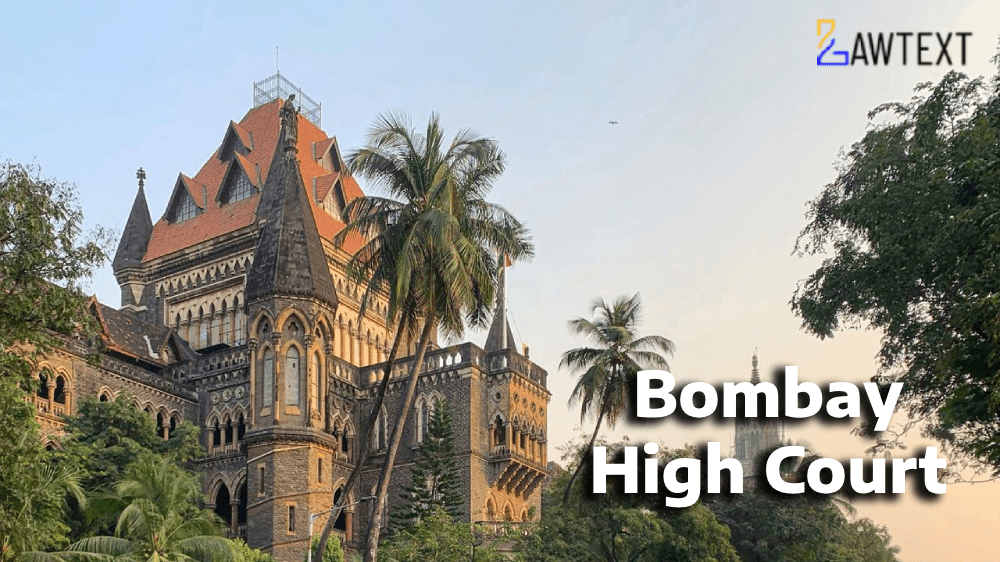Case Note & Summary
Writ petition challenging an order granting a stay to another order appointing a Special Auditor for a cooperative society under the Maharashtra Cooperative Societies Act, 1960. The central issue revolves around whether the order appointing the Special Auditor is quasi-judicial or administrative and thus subject to revision under Section 154 of the Act. The petitioners argue for the administrative classification, while respondent No.6 contends it is quasi-judicial. The document explores the interpretation of relevant legal provisions, including Section 154, and analyzes legal precedents to support each argument. It also delves into the jurisdictional aspects of appellate and revisional authority and provides a comprehensive conclusion based on the interpretation of key legal terms and precedents.
Background and Petition Details: Description of the challenge to the order appointing a Special Auditor. Arguments Presented: Petitioners argue for administrative classification; respondent No.6 contends it is quasi-judicial. Formulated Questions for Consideration: Whether the order is quasi-judicial or administrative. Availability of recourse to Section 154 if administrative. Authority's power to quash proceedings. Revisiting Appellate and Revisional Jurisdiction: Explanation of appellate and revisional jurisdiction. Clarification of revisional jurisdiction's limitations. Analysis of Section 154 of the Act: Examination of Section 154's ingredients. Authority's power to modify orders and ensure fair inquiry. Interpretation of "Decision or Order" under Section 154: Discussion on the significance of decisions or orders. Analysis of quasi-judicial nature and legal consequences. Understanding Section 152 and its Relation to Section 154: Examination of provisions under Section 152. Role in governance and dispute resolution. Interpretation of Section 154(1) in relation to Section 149(9): Explanation of orders eligible for revision. Clarification that quasi-judicial orders are subject to revision. Conclusion: Emphasis on the distinction between administrative and quasi-judicial orders. Affirmation of Revisional Authority's power. Interpretation of "Decision or Order": Discussion on interpreting the expression in relevant legal precedents. Consistent Views of Coordinate Benches: Reference to judgments on confirming sale and other actions not being quasi-judicial. Understanding "Proceedings": Explanation of the term's different interpretations in legal contexts. Legal Precedents on Quasi-Judicial Acts: Citations of Supreme Court judgments regarding classification criteria. Analysis of Section 81(3)(c) of the Act: Examination of whether the order qualifies as quasi-judicial. Comparison with Relevant Legal Precedents: Contrast between the present case and previous judgments. Conclusion and Order: Final decision stating the order is administrative, not subject to revision.
Issue of Consideration: Dattatraya Mahadev Ugale Ors. V/s. The State of Maharashtra, Ors.
Premium Content
The Issue of Consideration is only available to subscribed members.
Subscribe Now to access critical case issues





